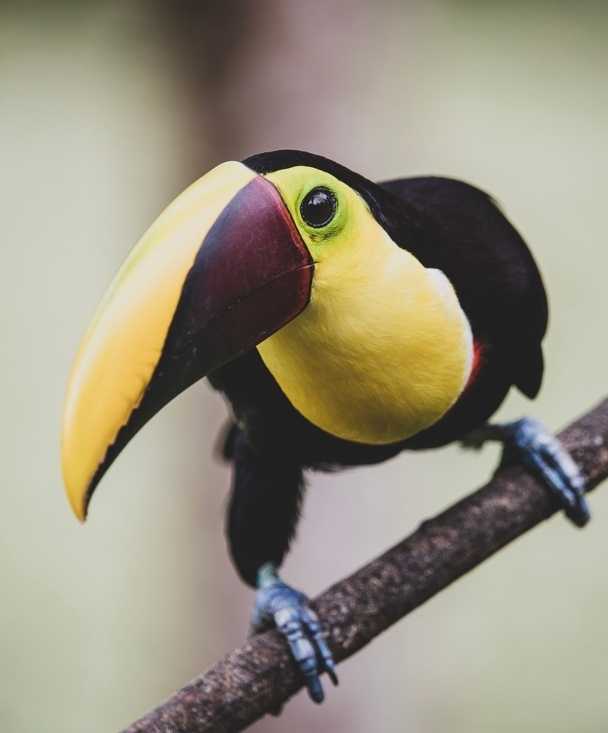A new research by the University of Utah explains how the replacement of forest land with coffee plantations forces birds in Central America to eat fewer invertebrates: this proves that the disturbance of their ecosystem significantly impacts their dietary options and their survival. Here is the first part of the article published at Phys Org.
Consequences of habitat shifts in birds’ life
MILAN, Italy – Cast your mind back to the spring of 2020, when grocery store shelves sat bare of essential items and ingredients. For birds who live in the forests of Central America, replacement of forest land with coffee plantations essentially “clears out the shelves” of their preferred foods, causing them to shift their diets and habitats to survive.
A new study led by researchers at the University of Utah explores a record of birds’ diets preserved in their feathers and radio tracking of their movements to find that birds eat far fewer invertebrates in coffee plantations than in forests, suggesting that the disturbance of their ecosystem significantly impacts the birds’ dietary options.
“Growing human ecological impact on the planet, especially via habitat loss and degradation and climate change, often impacts bird diets negatively as well,” said Çağan H. Şekercioğlu, the study’s lead author and an ecology and ornithology professor in the U’s School of Biological Sciences.
“These negative changes, including declines in key dietary resources like insects and other invertebrates can lead to reduced survival, especially of rapidly growing young, often leading to population declines and losses of these undernourished birds.” The study is published in Frontiers of Ecology and Evolution.
The forests of Costa Rica
All over the world, forests are being reduced from once-verdant havens of life to much smaller remnants, scattered amongst the agricultural land that has replaced them.
Only about one percent of bird species prefer the types of habitats dominated by humans and human activity, but the rapid disappearance of natural forest habitat means that about a third of bird species now find themselves working to survive in human-dominated environments.
In Costa Rica, the land around the Las Cruces Biological Station near the Panama border, has gone from fully forested to now 50% coffee plantations, 20% cattle pastures and 10% other human environments — only 20% of the land is still forested.
The agricultural areas are drenched in pesticides, fertilizers and fungicides, drastically impacting the communities of invertebrates on which local birds feed.
In order to read the complete article click here.










